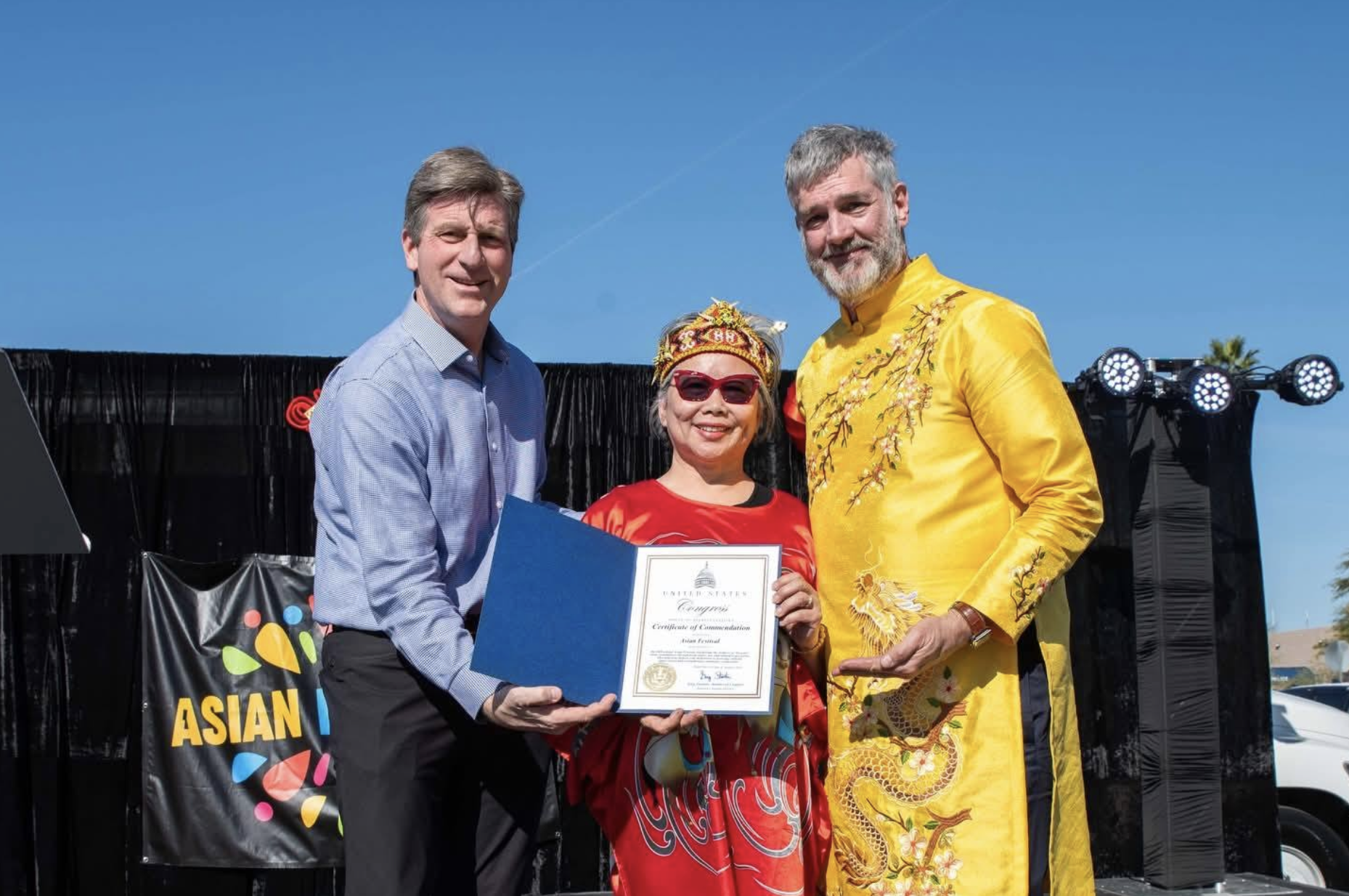Legend’s VIEW
The power of the meme
 Most internet savvy people interact with memes on a regular basis and others come across them in their day to day lives, but few realize the power that memes have. Most of us interact with this medium to pass the time, to share a laugh or maybe to share in our nihilistic tendencies, but the bottom-text, the top-text format has become all too powerful thanks to one dangerous mascot, Pepe the Frog. Pepe the Frog originated in Matt Furie’s blog “Boy’s Club” in 2005 it was later turned into a meme that ironically expresses views on the current political landscape, mainly free speech.
Most internet savvy people interact with memes on a regular basis and others come across them in their day to day lives, but few realize the power that memes have. Most of us interact with this medium to pass the time, to share a laugh or maybe to share in our nihilistic tendencies, but the bottom-text, the top-text format has become all too powerful thanks to one dangerous mascot, Pepe the Frog. Pepe the Frog originated in Matt Furie’s blog “Boy’s Club” in 2005 it was later turned into a meme that ironically expresses views on the current political landscape, mainly free speech.
Pepe’s ironic status as an ironic free speech symbol came under fire in September of 2016 when the Anit-Defamation League named Pepe the Frog a hate symbol. Even though Pepe takes a satirical and ironic tone it’s use of white supremacist symbols got it placed on the list and essentially blacklisted. But Pepe’s stance on free speech also proved that a meme could catch the attention of a national organization. In another, more recent incident that shows the power of memes, ESPN pulled an anchor from covering a game in Charlottesville, Virginia because he had an unfortunate name that might become the subject of ridicule.
Asian-American reporter Robert Lee was set to cover the college football game between the University of Virginia and William and Mary but the protests and outrage in Charlottesville, Virginia erupted. Robert Lee didn’t cover the game because his name is strikingly similar to Robert E. Lee, the subject of the statue that sparked the controversy. The fear that Lee would be turned into countless memes leads to the decision to remove him from the broadcast. In an Email to Yashir Ali of New York Magazine, an unnamed ESPN executive said the decision, “wasn’t about offending anyone. It was about the reasonable possibility that because of his name he would be subjected to memes and jokes and who knows what else.”
The ESPN executive also cited what he considers to be evidence of the potential threat of being made into a meme by adding, “The reaction to our switching a young, anonymous play by play guy for a streamed ACC game is off the charts – reasonable proof that the meme/joke possibility was real.” The executive was also sure to clarify that no reason but the fear of memes and ridicule was a given for the decision, “No politically correct efforts. Nor race issues. Just trying to be supportive of a young guy who felt it best to avoid the potential zoo.” ESPN didn’t want Robert Lee to end up a meme or a laughing stock but the whole situation is a joke and it shows the status memes have risen to in contemporary society.









